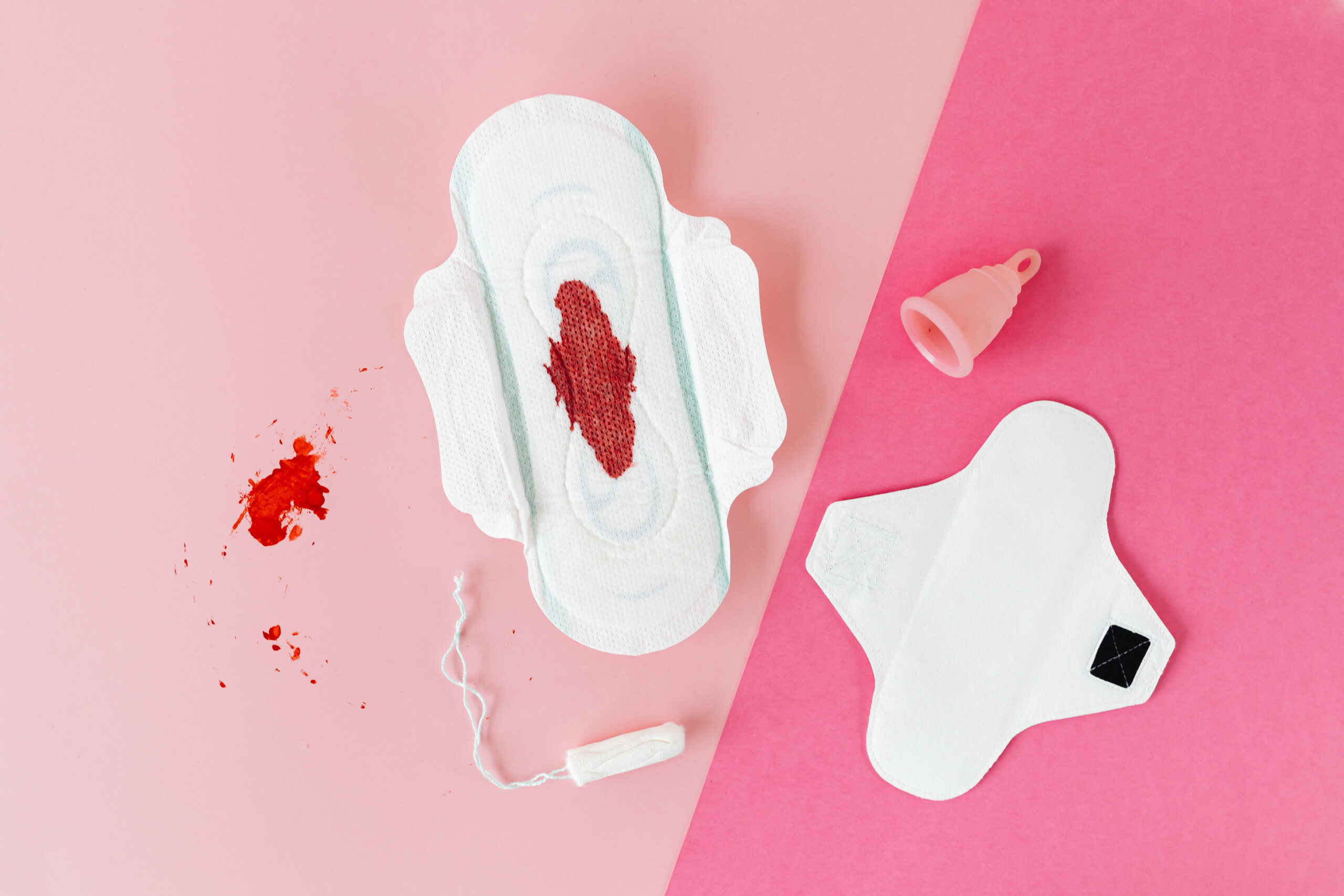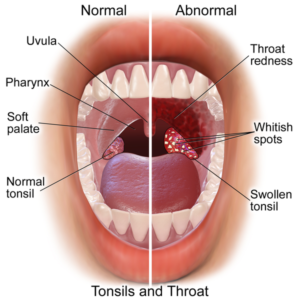Causes of Irregular Periods – Irregular periods, also known as menstrual irregularities, are a common concern among women of reproductive age. A regular menstrual cycle is a sign of good reproductive health, but various factors can disrupt the normal pattern, leading to irregular menstruation. In this article, we will explore the potential causes of irregular periods and gain a better understanding of their triggers.
What are Irregular Periods?
Irregular periods refer to changes in the menstrual cycle, including variations in the length of the cycle, the amount of bleeding, or the duration between periods. While some fluctuations can be considered normal, persistent irregularities may indicate an underlying issue that requires attention.
The Normal Menstrual Cycle
Before we delve into the causes of irregular periods, it is essential to understand the normal menstrual cycle. On average, a menstrual cycle lasts around 28 days, but it can range from 21 to 35 days. The cycle is divided into two phases: the follicular phase and the luteal phase. During the follicular phase, the body prepares an egg for release, and during the luteal phase, the uterus prepares for pregnancy or sheds its lining if conception does not occur.
Hormonal Imbalance
Hormones play a crucial role in regulating the menstrual cycle. Any imbalance in hormone levels can lead to irregular periods.
Understanding Hormones
The main hormones involved in menstruation are estrogen and progesterone. Estrogen helps build the uterine lining, while progesterone maintains it. Fluctuations in these hormones can affect the timing and flow of periods.
Polycystic Ovary Syndrome (PCOS)
PCOS is a hormonal disorder that affects many women of reproductive age. It occurs when the ovaries produce an excessive amount of androgens, which can disrupt ovulation and lead to irregular periods.
Thyroid Disorders
An underactive or overactive thyroid gland can impact hormone production, potentially causing irregular menstruation.
Stress and Lifestyle Factors
Stress and certain lifestyle factors can have a significant impact on the menstrual cycle.
The Impact of Stress
Chronic stress can interfere with the hormonal balance in the body, leading to irregular periods.
Excessive Exercise
Intense and excessive exercise can also affect hormone levels, potentially causing irregular menstruation.
Poor Nutrition
A diet lacking essential nutrients can disrupt the hormonal system and contribute to menstrual irregularities.
Weight Fluctuations
Significant weight gain or loss can disrupt the delicate balance of hormones and lead to irregular periods.
Chronic Illnesses and Medications
Certain chronic illnesses and medications may also be responsible for irregular menstrual cycles.
Diabetes
Uncontrolled diabetes can impact hormone regulation and lead to menstrual irregularities.
Inflammatory Conditions
Chronic inflammatory conditions can affect the reproductive system and disrupt the menstrual cycle.
Medications and Birth Control
Some medications, including certain types of birth control, can cause irregular periods as a side effect.
Puberty and Menopause
Both puberty and menopause are natural life stages that can bring about changes in the menstrual cycle.
Adolescence and Menstrual Cycles
During puberty, the menstrual cycle may take some time to establish a regular pattern.
Perimenopause and Hormonal Changes
As women approach menopause, hormone levels fluctuate, leading to irregular periods before menstruation eventually ceases.
Reproductive Disorders
Certain reproductive disorders can be responsible for irregular periods.
Endometriosis
Endometriosis is a condition where tissue similar to the uterine lining grows outside the uterus, potentially causing irregular and painful periods.
Uterine Fibroids
Uterine fibroids are non-cancerous growths that can affect the menstrual cycle and cause heavy or prolonged bleeding.
Pelvic Inflammatory Disease (PID)
PID is an infection of the female reproductive organs that can lead to irregular periods if left untreated.
Excessive Caffeine and Alcohol
Consuming excessive caffeine and alcohol can interfere with hormone levels and contribute to menstrual irregularities.
Thyroid Disorders
As mentioned earlier, thyroid disorders can impact hormone production and cause irregular periods.
Unhealthy Weight Management
Extreme dieting or eating disorders can lead to hormonal imbalances and irregular menstrual cycles.
Travel and Time Zone Changes
Traveling across time zones and disrupting sleep patterns can temporarily affect the menstrual cycle.
PCOS and Insulin Resistance
Insulin resistance, often associated with PCOS, can disrupt hormone levels and lead to irregular periods.
Cervical and Uterine Cancer
In rare cases, irregular periods may be a sign of cervical or uterine cancer, highlighting the importance of timely medical evaluation.
Conclusion
Understanding the causes of irregular periods is crucial for women’s health and well-being. From hormonal imbalances and stress to underlying medical conditions, several factors can influence the menstrual cycle. If you experience persistent irregularities, it’s essential to consult a healthcare provider for a thorough evaluation and appropriate management.
FAQs
- Can birth control pills cause irregular periods?
- Yes, certain types of birth control pills can cause irregular periods as a side effect. It is essential to discuss potential side effects with a healthcare provider before starting any contraceptive method.
- Is it normal to have irregular periods during perimenopause?
- Yes, it is normal to experience irregular periods during perimenopause, the transitional phase leading up to menopause. Hormonal fluctuations during this time can cause changes in the menstrual cycle.
- Can stress lead to missed periods?
- Yes, chronic stress can disrupt hormone levels and lead to missed or irregular periods. Managing stress through relaxation techniques and self-care may help regulate the menstrual cycle.
- Are irregular periods a sign of infertility?
- Irregular periods can be a sign of ovulatory issues that may affect fertility. However, irregular periods alone do not necessarily indicate infertility. Consulting a fertility specialist can provide more insights if conception is a concern.
- Can herbal supplements help regulate menstrual cycles?
- Some herbal supplements, such as chasteberry (Vitex), are believed to help regulate hormonal imbalances and support a healthy menstrual cycle. However, it is essential to consult a healthcare provider before using any supplements, as they may interact with other medications or have potential side effects.




